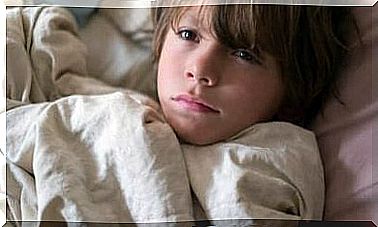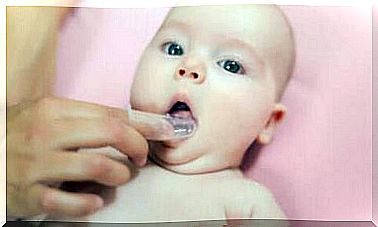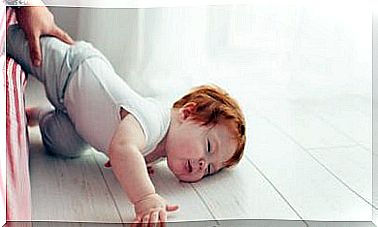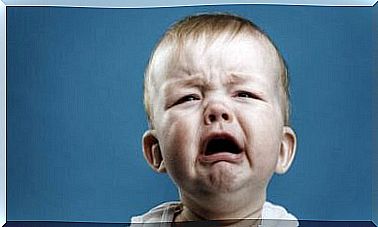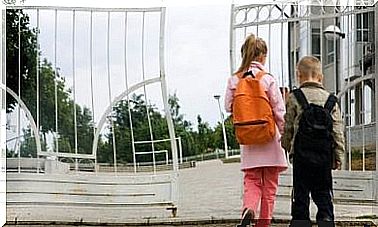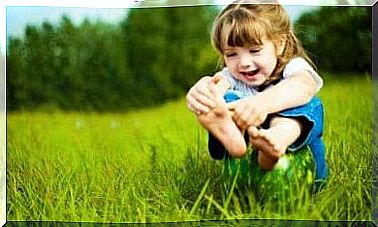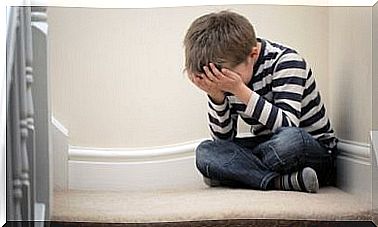How Do You Help A Hyperactive Child?

Hyperactivity in children seems to be an almost normal condition these days. It is increasingly common for parents and teachers to complain about having a hyperactive child.
Several arguments are used to explain this behavioral disorder, including the excessive consumption of caffeinated drinks. As a result of these disorders, consultation with psychologists and psychiatrists has increased significantly.
However, it is important to be very careful when labeling a child as “hyperactive.” This can cause a lot of problems for your little one.
It’s not a big deal to have a really hyperactive child or student, as long as they get the right treatment.
However, if the situation is not adequately controlled, it can create a frustrated, unsafe and stressed child.
Some advice on hyperactivity in children
restless children
A child who runs without stopping or moves constantly during a long journey is not necessarily hyperactive. The conduct disorder manifests itself in a different way.
Many children are naturally restless and noisy. They run, climb and touch everything they see – this is normal.
The same thing happens with teachers. They lose patience because their class has five, six or seven restless children. They may become annoyed and call the parents to suggest a consultation with a therapist.

Restless children are not hyperactive in the sense that they do not exhibit behavioral disturbances. So they are just restless children.
When they study, sleep well, are happy, have friends and play, they are just normal kids who are restless.
How do hyperactive children behave?
On the other hand , a hyperactive child is one who has a constant restlessness that hinders the development of normal behaviors of children their age.
Some of the characteristics of hyperactive children include:
- First, they have learning disabilities
- They don’t respect the rules, it doesn’t matter if they are family rules or game rules. This causes problems with other children.
- It is also very difficult for them to wait or be patient.
- In addition, the children act without thinking and are impulsive.
- They spend all day moving around. They run into doors and throw things.
- Also, they are unable to hold their attention and they are constantly jumping from one subject to another. It seems like nothing interests them.
There’s no point in getting mad at these kids. It is useless to repeatedly ask them to keep quiet or complete their tasks before getting up.
They seem to be listening, but within a few minutes they’re doing the same thing you just banned them from. These symptoms of hyperactivity are technically called ‘Attention Deficit Hyperactivity Disorder’ or ‘ADHD’.
How do you help a hyperactive child?
The day-to-day responsibility for children’s hyperactivity is a challenge for the adults in charge of their care and education.
1. First , the adult must understand that hyperactivity is not voluntary. The child does not move constantly on purpose. They cannot control themselves. So it is imperative that the adults in charge keep this in mind and help them to change their behavior with the right attitude.
2. Appointments, rewards, and positive reinforcement for performance are helpful strategies. For example: “If you sit for a whole week while you eat, you will get the toy you really want.” Keep track of their successes from day to day and reward them with the prize accordingly.
3. The aim of the game may be to have the child sit for more than three minutes. You can then increase that to five minutes, then eight and keep doing this until the goal is reached.
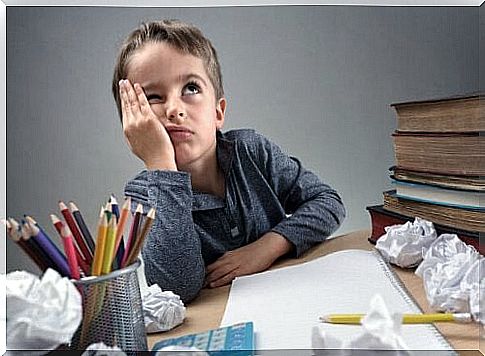
How to help a hyperactive child
1. Manage their attention. To help them focus their attention on a task, it’s a good idea to loudly repeat each of the steps they need to follow. So they can do it as often as necessary. Always repeat it loudly. Little by little, the child will be able to guide himself by following the instructions in his mind.
2. Limit drinks with caffeine and sugar. The relationship between soda and hyperactivity is being investigated. It is true that caffeine and excess sugar act as stimulants. That’s why they cause anxiety and make it harder to calm down.
A strong family is important to help a hyperactive child. Parents are the foundation for children to build their values. The behavior of a hyperactive child is highly dependent on its parents.
